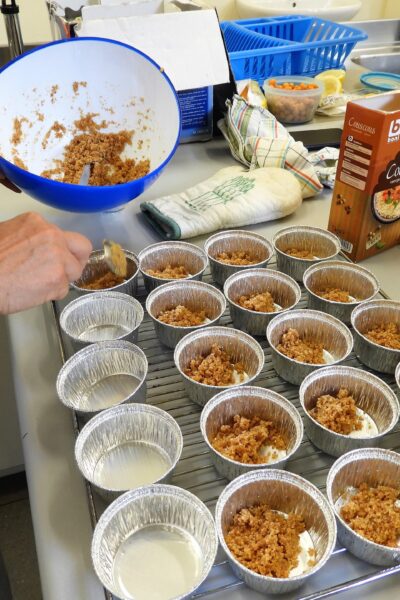Erasmus Plus mobility in the food industry
Discover the opportunities in the food industry
Do you have any questions about your Erasmus Plus internship?
At Espamob, we select our partners to offer you a wide range of internships in different sectors. Benefit from personalized support to prepare your mobility experience in Spain.
Don’t wait any longer, contact an Espamob expert now and take the first step towards a successful Erasmus + experience!
Frequently asked questions about traineeships in the food sector
Why do an internship abroad in the food industry?
First of all, an internship abroad will allow trainees to discover new things and new methods specific to the foreign country. In addition, it will be a valuable experience on the CV.
Is it possible to go abroad during a mobility period even if you do not necessarily speak the language of the host country well?
Not all trainees who come to do an internship abroad with Espamob speak the language of the host country perfectly and that doesn’t mean that the mobility doesn’t go well. It is precisely an experience like this that will help you get to know the language better and discover the job you like abroad.
What is the minimum and maximum duration of mobility in the food industry?
The minimum duration of mobility in the food and beverage sectors is two weeks. Traineeships usually last between two and four weeks, but can vary. Longer mobilities of up to six months are also possible.







